No she doesn’t. She doesn’t understand because you didn’t give her the truth. Tell her that abortion kills a baby growing in a mommy’s tummy and see what she says. I dare you. No child believes in abortion.
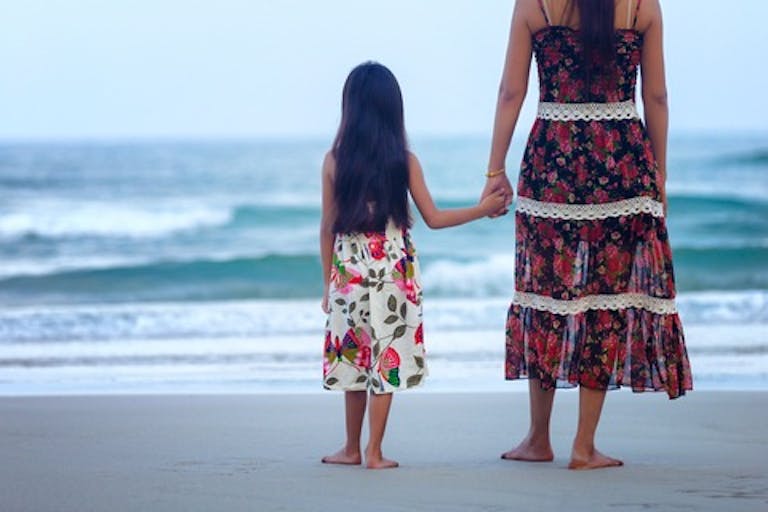
Daughters cried when their moms told them they had abortions… but pro-choicers say kids ‘get it’
Daughters cried when their moms told them they had abortions… but pro-choicers say kids ‘get it’
Children instinctively know that abortion isn’t a good or happy act. That’s why in Rewire’s recent piece encouraging mothers to tell their daughters about their abortions and recounting mothers’ accounts of doing so, the children’s immediate reaction was to cry. No matter what the children said, they reacted strongly when they learned they had lost siblings to abortion.
Amiya told her daughter, age 12, that she was pregnant and that she was going to have an abortion. She said her daughter “started crying and hugging me for several minutes.” When Amiya apologized, her daughter immediately reassured her mother that she understood the reasons behind the abortion. But understanding a person’s reason behind a decision — a decision that causes another person’s pain — doesn’t make that pain disappear. In this case, the daughter buried her own pain and took on the role of the parent in consoling the mother. The daughter rationalized the abortion in the same ways her mother did. But the pain still exists.
Melissa was in an abusive relationship when she became pregnant. She told her 15-year-old daughter about her decision to have an abortion and her daughter reportedly “started crying.” As with Amiya, Melissa said her daughter understood why her mother aborted. But again, saying she understood does not mean she wasn’t heartbroken by the news. It also doesn’t mean that her emotional health hasn’t suffered as a result.
And finally, there was Kathi, who told her 10-year-old daughter about her two abortions — one when she was finishing nursing school and one when she was caring for her husband who had “a debilitating health condition” and her then-toddler daughter. Kathi said, “I was honest with her, and I told her that realistically it wasn’t an option for me to have another child. After I told her, I immediately reinforced that she was a wanted pregnancy and a wanted child.” She also told her daughter that her preborn sibling was killed by a D&C abortion at nine weeks and incorrectly claimed that the baby had no functioning brain or heart. Her daughter told her she understood and “didn’t want to see her struggle more” — a child, comforting the parent and stifling her own emotions. Perhaps Kathi could have welcomed those babies with some help from others. Instead, she listened to the voices that told her “it wasn’t an option” for her to have a baby. That isn’t freedom of choice.
Learning about the abortion of a sibling can affect people in a heartbreaking way. They may find themselves either bottling up the emotion to protect their parents or suffering immensely in silence. Dr. Philip Ney says it is quite common for siblings to feel survivor’s guilt when learning of the abortion of a brother or sister, stating that they have “lifelong struggles about existing” after discovering that their existence is based on random decisions of whether or not their parent considered them wanted.
READ: Bereaved siblings of aborted children speak out against abortion
One survivor, upon learning of a sibling’s death through abortion, said that initially, the survivor “forgot about it.” Then, years later, “I found myself thinking about my little brother! I became disoriented and lost control of the car for a moment as I burst into tears having lost him. I was astounded by my reaction, but I couldn’t shake the sadness and longing to have known him.”
Article continues below
Dear Reader,
In 2026, Live Action is heading straight where the battle is fiercest: college campuses.
We have a bold initiative to establish 100 Live Action campus chapters within the next year, and your partnership will make it a success!
Your support today will help train and equip young leaders, bring Live Action’s educational content into academic environments, host on-campus events and debates, and empower students to challenge the pro-abortion status quo with truth and compassion.
Invest in pro-life grassroots outreach and cultural formation with your DOUBLED year-end gift!
Leah said of learning of her sibling’s death through abortion: “I’ve always felt like someone was missing from my life. I used to not even talk about what happened and I struggled for a while quietly. […] I will always wonder the course life would have taken had my sibling been afforded the gift of life…”
Chloe was only 12 when she learned of her mother’s abortion and “felt heartbroken, and at times, I felt guilty.” She said she “constantly questioned my worthiness of being on this planet. I always felt (and still feel) like there’s an important part of my life missing.”
Children don’t want to disappoint their parents and they want desperately to please them. Telling a child devastating news, like the fact that they had a sibling who was killed in the name of choice, is not something that children are going to take lightly. For children who don’t have a full understanding of what abortion is or does, they might be sad but go on with life as usual. As they grow older and understand how human development works and what abortion does, the pain they feel surrounding the loss of their sibling may surprise them. And for children who do know what abortion is, they could face a lifetime of sadness and guilt over having been “chosen” to live when their sibling wasn’t.
Rewire’s piece is way off the mark. It’s common for human beings to use phrases like “I understand,” even when falling apart emotionally on the inside. The children understood the rationale their mothers used to justify abortion, but no amount of rationalizing made the situation any less heartbreaking.
Abortion is not a casual topic and to imply so shows the selfishness of not only the pro-abortion mentality but that of women who are presumptuous enough to believe their abortions affect no one but themselves.
“Like” Live Action News on Facebook for more pro-life news and commentary!
Live Action News is pro-life news and commentary from a pro-life perspective.
Contact editor@liveaction.org for questions, corrections, or if you are seeking permission to reprint any Live Action News content.
Guest Articles: To submit a guest article to Live Action News, email editor@liveaction.org with an attached Word document of 800-1000 words. Please also attach any photos relevant to your submission if applicable. If your submission is accepted for publication, you will be notified within three weeks. Guest articles are not compensated (see our Open License Agreement). Thank you for your interest in Live Action News!
Read Next
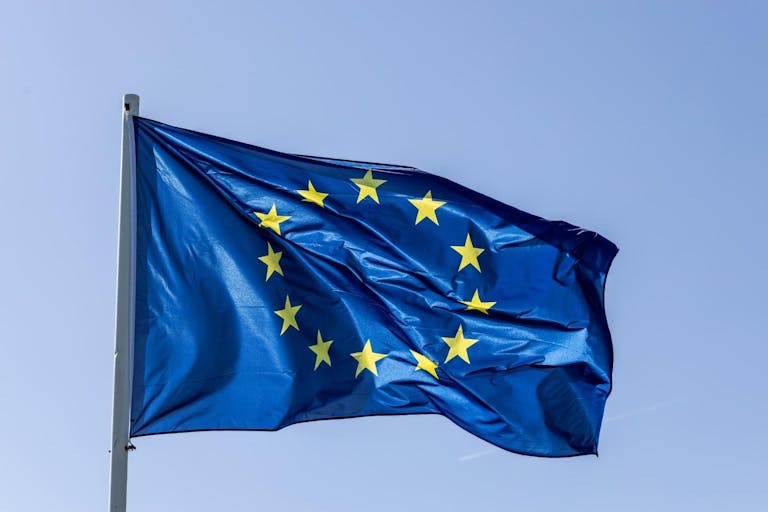
EU Parliament votes in favor of abortion travel fund
Bridget Sielicki
·More In Analysis
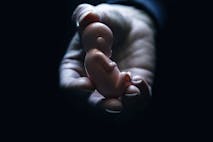
Analysis
Is picking the 'best' embryo a mere parenting tool, or eugenics fueled by hubris?
Nancy Flanders
·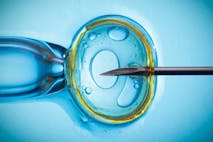
International
Abu Dhabi expands fertility industry to become 'IVF capital of the world'
Angeline Tan
·
Pop Culture
Abortion group upset about fewer positive abortion plotlines in 2025
Cassy Cooke
·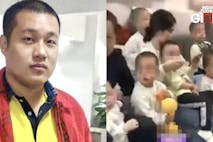
International
Chinese billionaire alleged to have 100+ children by American surrogates
Cassy Cooke
·
Analysis
University of Michigan slammed for honoring Jack Kevorkian
Cassy Cooke
·More From Nancy Flanders

Human Interest
Runner with cystic fibrosis completes 12 marathons in a year
Nancy Flanders
·
Analysis
Is picking the 'best' embryo a mere parenting tool, or eugenics fueled by hubris?
Nancy Flanders
·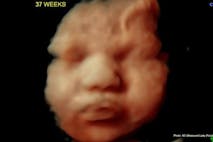
Politics
Prosecutors drop charges against Polish doctor who aborted baby in ninth month
Nancy Flanders
·
Activism
Hearse arrives at Illinois Planned Parenthood to 'pick someone up'
Nancy Flanders
·
Issues
Annual report shows increase in Canada's assisted deaths
Nancy Flanders
·